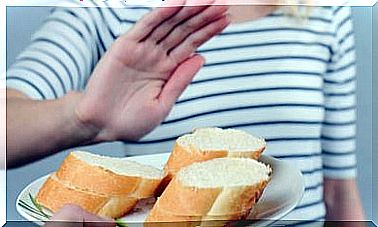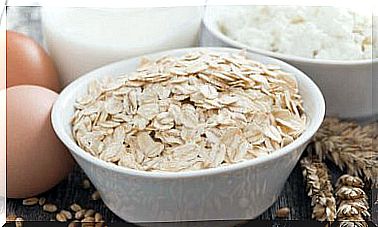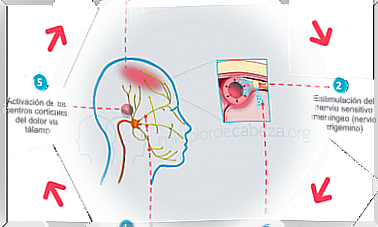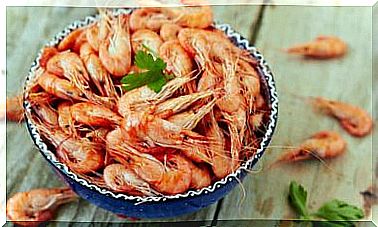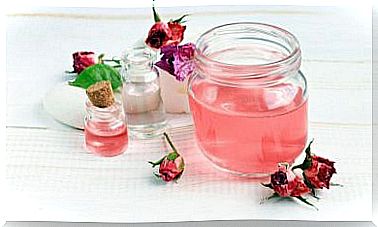What Are Drug Excipients?
Surely you already know the expression ” drug excipients ” because you have seen it many times, even if it is reading a drug leaflet, and you do not know what it is referring to.
The excipients of the drugs are the components of the formulation except the active principle, which is the therapeutic molecule. In this sense, a medicine is mainly made up of an active principle and excipients. These excipients are used to achieve the desired dosage form.
The dosage form is, therefore, the individualized arrangement to which drugs and excipients are adapted. In other words, it is the physical appearance that is given to medicinal substances to facilitate their administration. For example, syrup is a dosage form for oral admiration, but pills are a different dosage form.
Ultimately, excipients are combined with active principles or drugs in different pharmaceutical forms (for oral, intravenous, anal administration, etc.) in order to synthesize a drug, which is the combination of the aforementioned substances.
What are the excipients in medicines for?
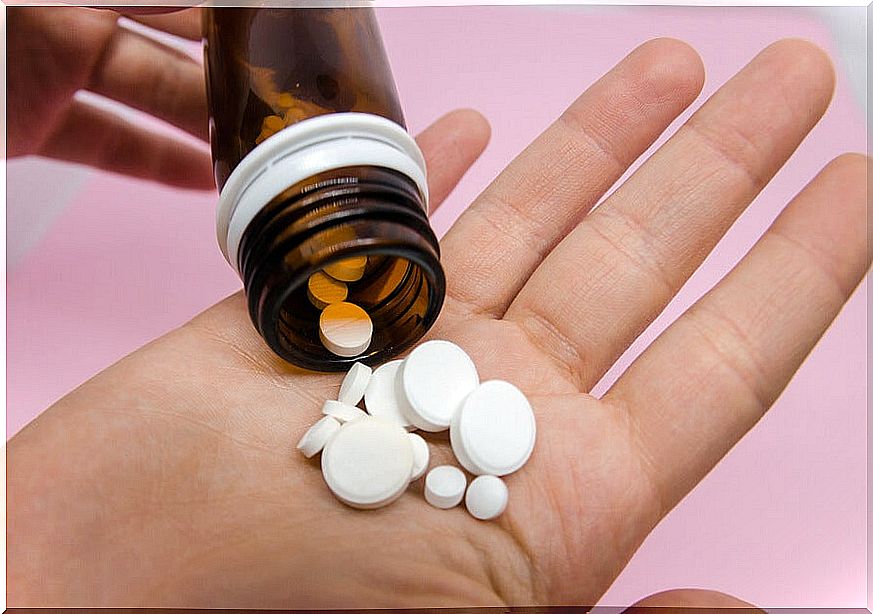
Excipients have the function of facilitating the preparation, storage and administration of drugs. In addition, they are the only components that can differ between a brand name drug and a generic drug.
Next, we name you some of the most used types of excipients:
- Binders: their function is to hold the components together. Some of the most used are starches, sugars, lactose or sugars such as xylitol.
- Diluents: fill the content of a pill or capsule to achieve a convenient presentation for consumption. Vegetable cellulose is an excipient that is widely used in hard gelatin tablets or capsules.
- Disintegrators: they make the release of active ingredients improve in the digestive tract.
- Lubricants: these are essential to prevent lumps from forming or ingredients sticking in the machines when they are manufactured. Some of the substances most used for this purpose are minerals as common as talc. Steroid fat is also used.
- Coaters: these excipients are responsible for protecting the ingredients from atmospheric agents such as air or humidity. In addition, they favor that tablets that have a bad taste are swallowed more easily. A cellulose layer that does not contain any allergenic substances is usually used.
- Sweeteners: the main function of these excipients is to favor the swallowing of the tablets, improving their taste.
- Flavoring and colorants : they improve the organoleptic properties of medicines and, as a result, improve compliance with the therapeutic regimen.
How do excipients appear in the package insert of a medicine?
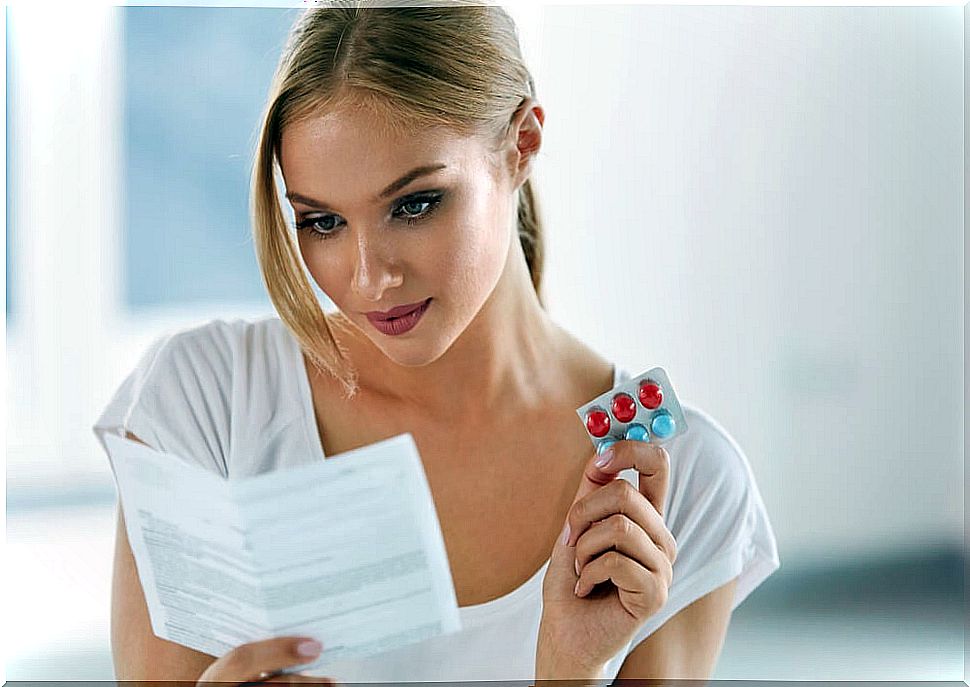
Excipients are normally inert substances, that is, they do not trigger any effects in the body. However, on some occasions it is possible that they have a recognized action or an effect such as allergies or intolerances.
It is for this reason that you must always inform yourself about the composition of a drug and ensure its correct use.
To know the excipients that a medicine contains, you just have to look at the package insert or the labeling. In the first, the excipients are fully expressed, that is, first with the International Common Denomination, which is the name by which it is known, followed by the letter “E” -which does not always appear- and finally its number. correspondent.
However, on the label it may appear only with the letter “E” and the corresponding number ; the common name does not have to appear. Take for example the excipient called titanium dioxide . In the medicines that contain it, the package leaflet should say: “titanium dioxide E171”.
Thanks to this information that is included in the leaflet, many health problems can be prevented. For example, celiac patients can check if the formulation contains gluten. In the same way, patients with lactose intolerance can see if there is any component that affects them.
Conclution
Excipients are essential for the manufacture of medicines. They improve the taste, appearance, absorption and distribution of the preparation.
As some of them can produce allergic or intolerant effects, it is essential that before taking a drug you read its leaflet or ask your doctor or pharmacist about its composition.
